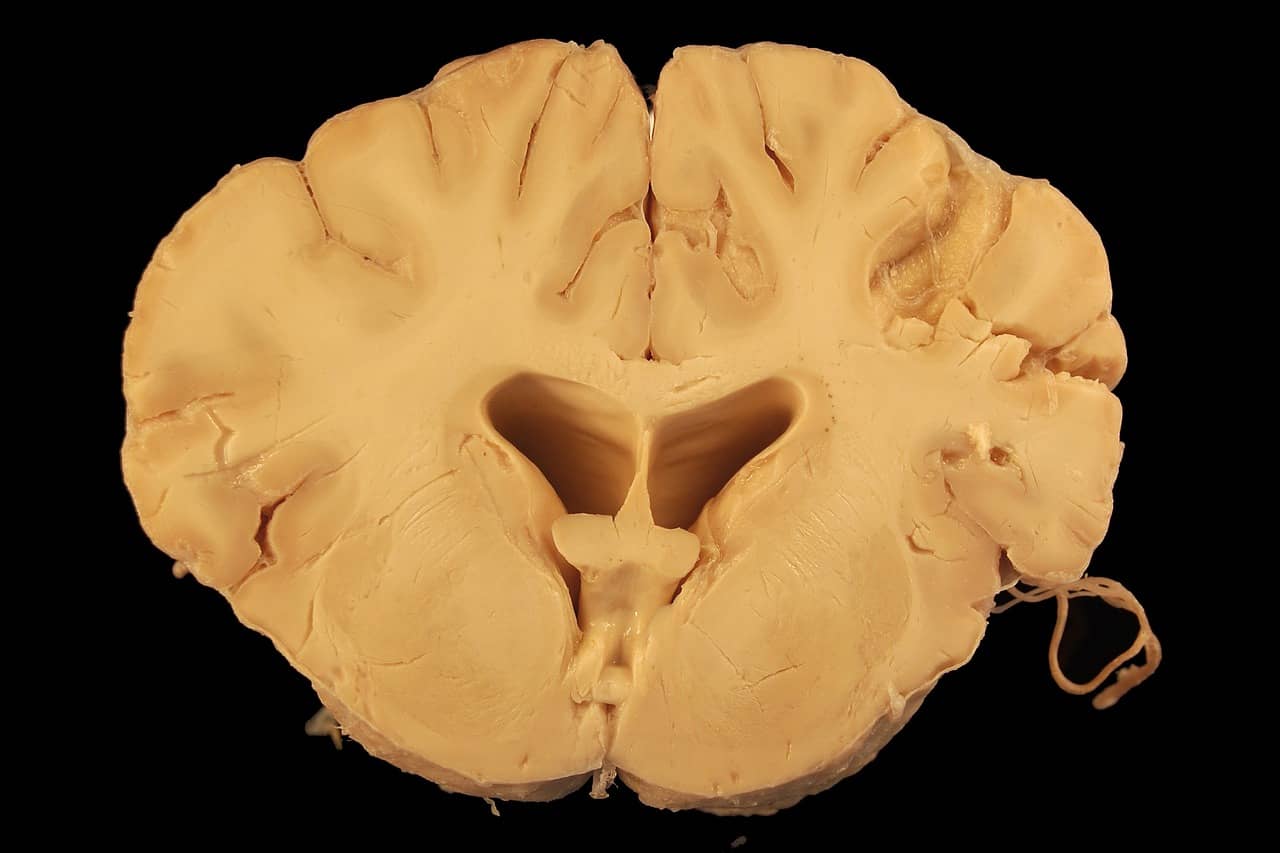A severe brain injury and a concussion both fall under the umbrella of traumatic brain injuries (TBIs), but they represent distinct levels of severity and carry different consequences. Understanding the key differences between these two types of injuries is crucial for both medical professionals and individuals who have experienced head trauma. We will also highlight how you can start a medical negligence claim.
Defining Severe Brain Injury and Concussion
A severe brain injury involves significant damage to the brain’s structure and function. It is typically caused by forceful impact, such as a car accident, a fall from a height, or a sports-related collision. The damage can range from bruising and bleeding to tearing of brain tissue and blood vessels.
A concussion, on the other hand, is a milder form of TBI. It is often caused by a blow to the head or body that results in the brain being jolted within the skull. While a concussion can cause temporary disruption of brain function, it typically does not involve structural damage to the brain.
Symptoms and Diagnostic Differences
The symptoms of a severe brain injury and a concussion can overlap, but there are some key differences that can help distinguish between the two.
A severe brain injury may cause prolonged loss of consciousness, amnesia, confusion, seizures, vomiting, slurred speech, and difficulty with coordination or balance. In some cases, it can lead to coma or even death.
A concussion, on the other hand, may cause temporary loss of consciousness, headache, dizziness, nausea, sensitivity to light or sound, and difficulty concentrating or remembering. These symptoms typically resolve within a few days or weeks, but in some cases, they can persist for longer periods.
Diagnosis of a severe brain injury or a concussion typically involves a combination of neurological examinations, imaging scans (such as CT or MRI), and cognitive tests. The severity of the injury will dictate the specific diagnostic approach and treatment plan.
Long-Term Effects and Recovery
The long-term effects of a severe brain injury can be significant and may include physical, cognitive, and emotional impairments. Some individuals may experience permanent disabilities, while others may recover with minimal long-term effects. The recovery process for a severe brain injury can be lengthy and may require extensive rehabilitation and support.
A concussion, while generally considered a mild TBI, can still have lasting consequences for some individuals. Some people may experience post-concussion syndrome, which is characterized by persistent symptoms such as headache, dizziness, fatigue, and difficulty concentrating. The recovery time for a concussion can vary, but most people recover fully within a few weeks or months.
Treatment and Rehabilitation
The treatment and rehabilitation approach for a severe brain injury and a concussion will differ depending on the severity of the injury.
For a severe brain injury, the initial focus is on stabilizing the patient and preventing further damage. This may involve surgery to remove blood clots or repair damaged tissue. Once the patient is stable, rehabilitation efforts may focus on improving physical function, cognitive skills, and emotional well-being.
For a concussion, treatment typically involves rest and gradual return to activity. It is important to avoid activities that could put the brain at risk for further injury. In some cases, medications may be prescribed to manage symptoms such as headache or dizziness.
Prevention and Safety Measures
Preventing severe brain injuries and concussions involves taking precautions in everyday life. Wearing seatbelts, helmets, and protective gear during sports can significantly reduce the risk of head trauma. It is also important to be aware of fall risks and to take steps to prevent falls, especially among older adults.
Making a Medical Negligence Claim with National Claims
At National Claims, we understand the devastating impact that medical negligence can have on your life and the lives of your loved ones. If you believe you or a family member has suffered harm due to substandard medical care, such as misdiagnosis, surgical errors, medication errors, or delayed treatment, we are here to help you seek the justice and compensation you deserve.
Free Consultation
We recognise that every medical negligence case is unique, and we’re here to offer you a free, no-obligation consultation to discuss your specific situation. During this consultation, we’ll listen attentively to your experience, and assess the potential strength of your claim. Our team will then connect you with a qualified solicitor from our panel who specialises in medical negligence claims, ensuring that you receive the expert legal representation needed to pursue your case effectively.
*Customers pay up to 25% (incl. VAT) of the amount recovered towards solicitor costs and if you cancel outside your cooling off period, you may be charged a fee.
Contact us today to speak to one of our claims agents who will be able to help you get started on your claim.
Click below to see why we are one of the most trusted claims management companies in the UK.

We’re proud of our excellent customer reviews
We thrive on delivering exceptional service and ensuring our clients’ satisfaction. Don’t just take our word for it. Check out some of our independent reviews to see what our clients have to say.
Excellent

This firm is excellent, they sorted out my car pay out and injury claim very fast, they always communicate with you all the time.

My accident case was dealt with confidence and with great result of the outcome, especially James kept me informed all the time.

I was very impressed at the way my inquiry was treated. I was listened to attentively and everything I needed to know was explained to me.






